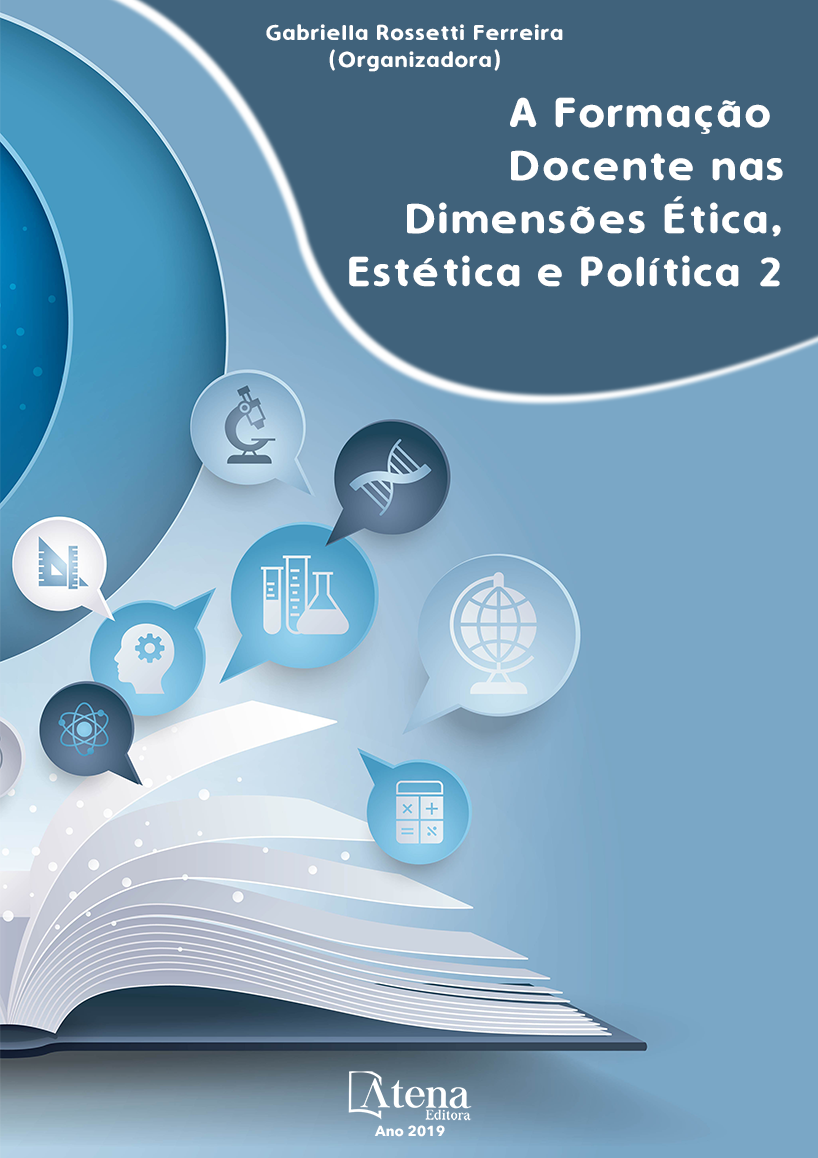
VER NO MUNDO DOS CEGOS E SER CEGO NO MUNDO DOS QUE VEEM
Esta pesquisa fez parte de
experiências vivenciadas em um eixo temático
do curso de licenciatura integrada em educação
em ciências, matemática e linguagens, com
foco no tema inclusão. Os principais objetivos
são: refletir sobre as dificuldades encontradas
pela aluna de baixa visão e identificar aspectos
pedagógicos na sala de aula que estejam em
concordância com informações na literatura
pertinentes sobre essa deficiência visual. A
pesquisa é um estudo de caso e a análise é
feita por meio de narrativa. A coleta de dados
ocorreu por observação sistemática, conversa
com a aluna e acompanhamento na sala de
aula. Os resultados indicam que a formação
docente ocupa um lugar de destaque sobre
o assunto, onde há necessidade de adquirir
conhecimentos básicos teórico-práticos de
questões como, atenção à diversidade e
inclusão, utilizar metodologias que favoreçam o
desenvolvimento das pessoas com baixa visão
e que atendam, minimamente, as necessidades
especiais dentro de uma sala de aula.
Consideramos, pois que o trabalho docente
deva ser fundamentalmente colaborativo a fim
de que as barreiras peculiares da deficiência
sejam superadas. Por fim, o trabalho permite
refletir sobre o importante papel escolar
em garantir condições apropriadas de uma
educação baseada no respeito às diferenças.
VER NO MUNDO DOS CEGOS E SER CEGO NO MUNDO DOS QUE VEEM
-
DOI: 10.22533/at.ed.69319020922
-
Palavras-chave: Baixa visão. Educação inclusiva. Formação docente.
-
Keywords: Low vision. Inclusive education. Teacher training.
-
Abstract:
This report presents experiences
lived in a thematic axis of the degree course
integrated in education in science, mathematics
and languages, focusing on the attention in the
classroom for a student with low vision, in a state
public school in Belém Pará. The objectives are
to reflect on the difficulties encountered by the
low vision student and to identify pedagogical
aspects in the classroom that are in agreement
with information in the pertinent literature
about this visual deficiency. The research is a
case. The data collection took place through
systematic observation, conversation with the
student and monitoring in the classroom. The
results indicate that teacher training occupies
a prominent place on the subject, where it is necessary to acquire basic theoretical
and practical knowledge of issues such as attention to diversity and inclusion, use
methodologies that favor the development of people with low vision and attend minimally
the special needs within a classroom. We consider, therefore, that the teaching work
must be fundamentally collaborative so that the peculiarities of disability are overcome.
Finally, the work allows to reflect on the important school role in guaranteeing the
appropriate conditions of an education based on the respect to the differences.
-
Número de páginas: 15
- ITALO RAFAEL TAVARES DA SILVA
- Maria de Fátima Vilhena da Silva


